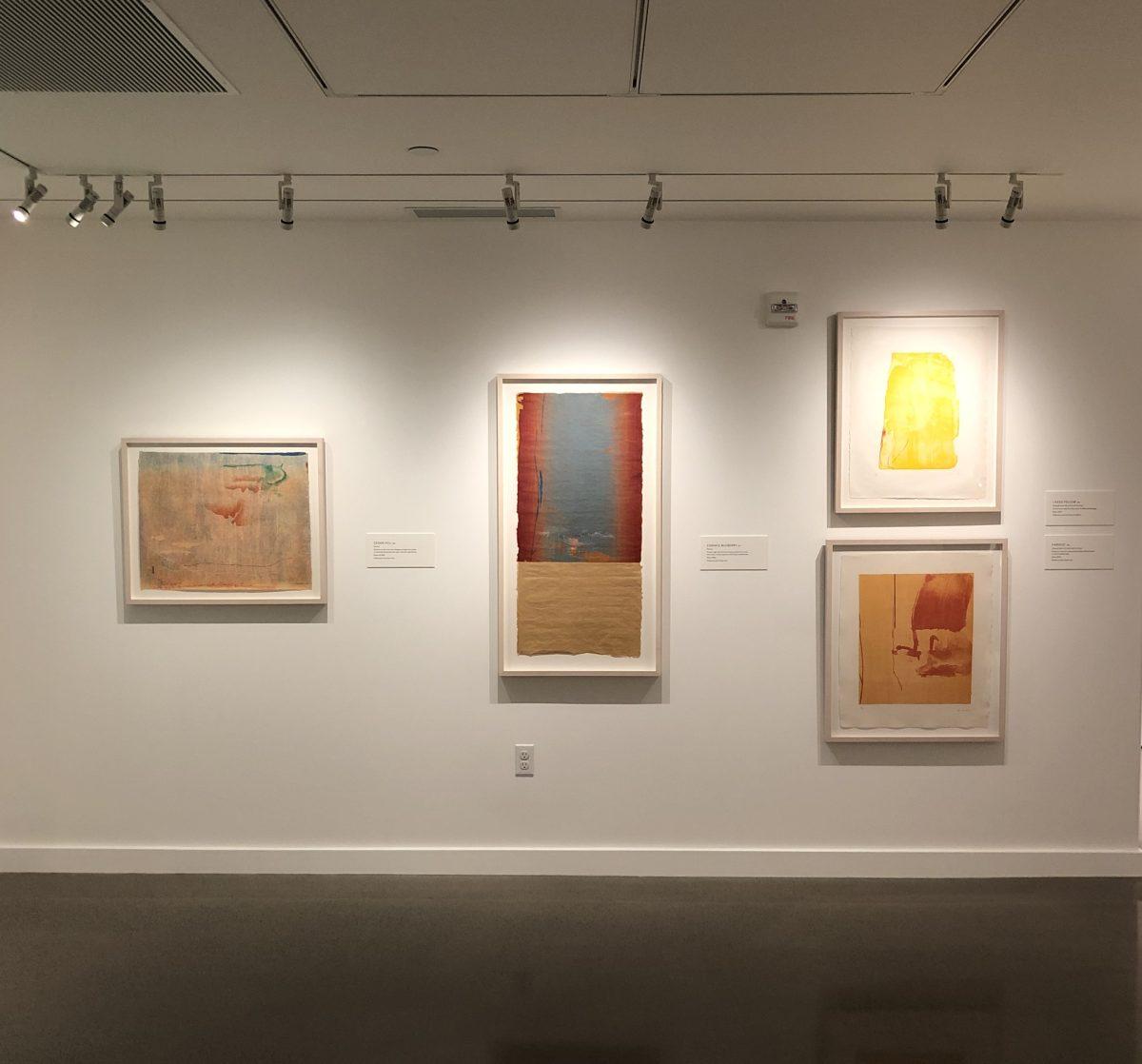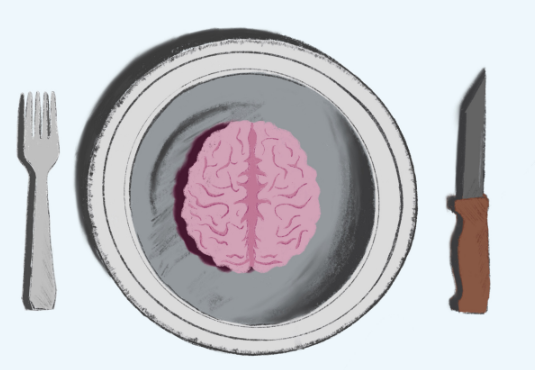I discovered Haruki Murakami a little over a year ago, when I picked up his novel, “Norwegian Wood,” after hearing about it in a song by the folk musician Field Medic.
I was in love by the time I had turned the first page.
There is some unquantifiable magic imbued into each of Murakami’s works, something that extends well beyond the relatively simple narrative and exquisite writing. Despite Murakami’s protagonists being less than extraordinary—there seems to be a trend of sad, lonely men—the reader is inexplicably drawn in, attached to these painfully relatable characters.
Murakami reels his readers into his tales over the immense, fantastical sea of his fiction through the strong bond felt with every character in every book. This feeling of truly knowing these nonexistent people, of being in the story with them, is because of the music.
According to Murakami’s website, the author owned a small Tokyo jazz bar for seven years after graduating college. His knowledge and love of all kinds of music—from Classical era composers to Bob Dylan—is evident in each of his stories.
For starters, four of Murakami’s works are named after The Beatles. His 1987 novel “Norwegian Wood,” “Drive My Car” (from his 2014 short story collection “Men Without Women”) and “Yesterday” (a short story published in The New Yorker in 2014) are named after songs. “With The Beatles,” published in The New Yorker in 2020, is named after the group’s second studio album.
In “Norwegian Wood,” Murakami names 36 musicians, composers and bands by name; The Beatles are mentioned 23 times. Music is even more present in “Kafka on the Shore,” where the confusing, lonely quest of the titular co-protagonist is followed closely by a detailed playlist of everything from Franz Schubert to Radiohead.
Murakami’s near-decade spent surrounded by old record jackets, olive-splashed vodka and a turntable murmuring from a velvet corner soaks through his words and binds the reader to his narrators. Notorious for surrealist, sometimes rambling prose (many of his books were trimmed or significantly cut for American releases), music becomes Murakami’s superpower.
My favorite writers are the ones who use beautiful imagery and poignant metaphors to appreciate all parts of life—the ones who take the time to stop and smell the roadside flowers.
However, I struggle with fantasy—I cannot relate to it. I’ve never ridden a dragon or brewed a magical potion, talked to a god or killed a horrible monster.
I love fiction because I can see myself in the characters, walking the streets of their neighborhoods, making their all-too-human mistakes. When the narrative deviates too much from the real world, it loses its most powerful asset.
Murakami has found a solution: every time his characters pull us into unreality, he throws us a rope of nostalgia in verse; the solutions to our problems lie not in the magic of his tales, but in the mundane.
Not many people have climbed down an abandoned well in their neighbor’s yard and entered an alternate, dreamlike dimension like Toru Okada of “The Wind-Up Bird Chronicle,” but plenty of people have listened to “Little Red Corvette.”
No matter how mystical the plights of Murakami’s characters, the leeches falling from the sky and the flutes made of cat souls, we know that we share something with them. Stevie Wonder, Mozart and Ray Charles are always there, drawing us further into the story.
It feels extraordinarily fitting—almost like fate—that I discovered Murakami through music.
In “Kafka on the Shore,” a man ducks into a cafe late at night and hears classical music lilting over the polished wood and sleeping upholstery. The only customer in the shop, he asks the owner what’s playing. It’s Beethoven’s “Archduke Trio,” performed by pianist Arthur Rubinstein, violinist Jascha Heifetz and cellist Emanuel Feuermann. The man falls in love with the piece, entranced by the warm, distinct collaboration of the musicians, and later purchases a CD of the recording.
Prior to reading “Kafka,” I had never heard of the “Archduke Trio.” Now, it is indisputably my favorite piece of classical music. It is gorgeous, as intimate and enrapturing as Murakami’s prose. Without having read the book, I may never have discovered it. And without “Archduke,” “Kafka” would be lesser, the bond between reader and character weaker.
“I wanted the narrative to move like a rocket,” writes author Akhil Sharma in a New Yorker essay about the struggles of writing his second novel, “Family Life.”
Murakami’s does just that. Each sentence is laden with familiar emotion and compelling imagery yet feels swift and light, propelling the story along.
I encourage you to crack open a book by Haruki Murakami. Find the painstakingly illustrated world, each detail placed with all the care of a world-renowned cake decorator. Let the music pull you into the page—swim through the paper, dance with the words.
Walk through the door of that long-ago sold jazz bar. Perhaps, past the old plush couches and red-lit, sticky counter, the voices yelled into cupped ears and ice jostling in Collins glasses, there is a quiet room with row upon row of old vinyl records, dusted with care and extending to the edges of the soft darkness. Meander through the shelves, flip through the collection. Perhaps there are some Brahms, some Rolling Stones, some Tchaikovsky, some Billy Joel.
Find something you like, settle into the chair tucked in the corner and begin.♦

















































